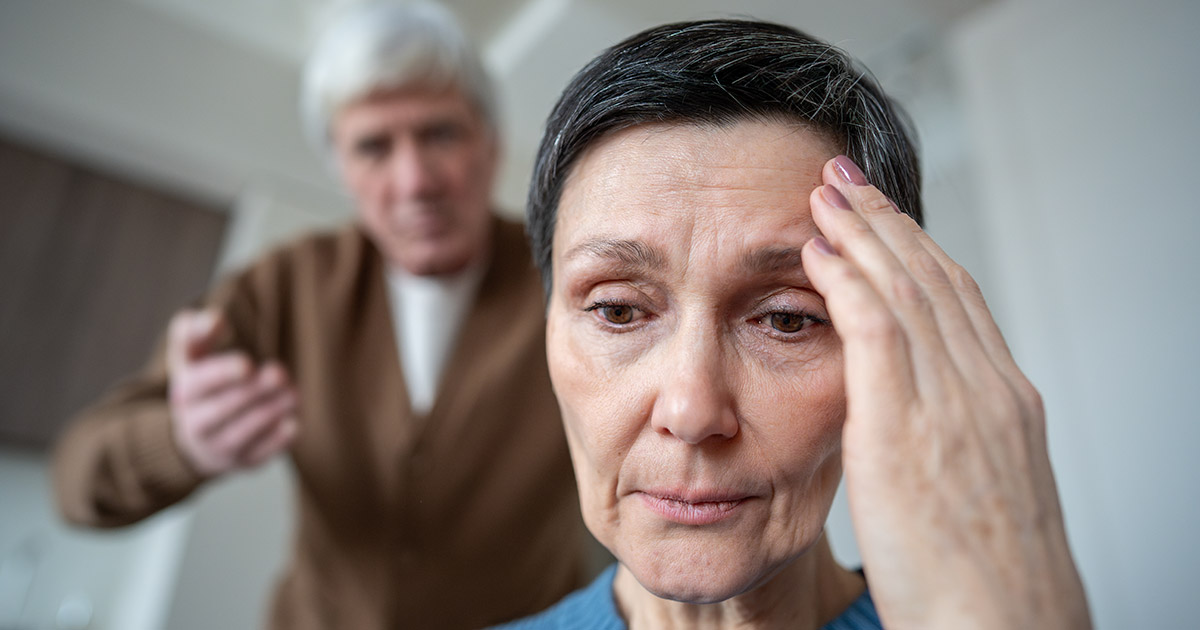
By Jessica Schiff, Counsellor
Some people jump into action when someone needs help, taking on that caregiver role with enthusiasm. Sometimes, people feel forced into this role, taking care of someone without much excitement. Either way, it’s not easy to look after someone who is struggling with their mental health, and the caregiver often experiences mixed emotions. One big feeling that comes up again and again is guilt — either from within ourselves or from others who attempt to send us on a guilt trip.
We may feel guilty for many reasons, such as:
- Guilt for setting limits and boundaries.
- Guilt for getting angry with the ill person.
- Guilt for feeling resentful that our own lives are put on hold by our loved one’s situation.
So what is guilt, really? It’s a completely normal emotion, and sometimes a helpful one. If we have wronged someone, guilt can motivate us to make amends. But guilt is not always helpful. It can push us to ignore our own needs, do more than we can really handle, and eventually experience caregiver burnout.
What can be done about caregiver guilt?
- Reflect on your feelings and self-validate. It’s normal and understandable to feel guilt or any other strong emotion. Shoving it down or denying its existence won’t make it go away.
- Talk back to the guilt. Use your logical voice, the one that knows you have the right to set limits, to take breaks, and to have “me-time.”
- Practice self-reflection and self-talk. The goal isn’t to stop the feeling completely (that’s not possible). As Chappell Roan sings, “You’d have to stop the world just to stop the feeling.” Instead, the aim is to find healthy ways to cope when guilt shows up.
- Take care of yourself. It’s hard to find balance if we’re tired, hungry, lonely, or unwell. As DBT founder Marsha Linehan describes, it takes both logic and emotion to reach “wise mind.” We can only access that balance when we care for our own needs first.
Staying alone with problems only makes them heavier. Reaching out for support, whether to a friend, a support group, or a community organization, can make a big difference in carrying the weight of caregiver guilt.
